Nature Knows and Psionic Success
God provides
Debunking the 10% Brain Myth
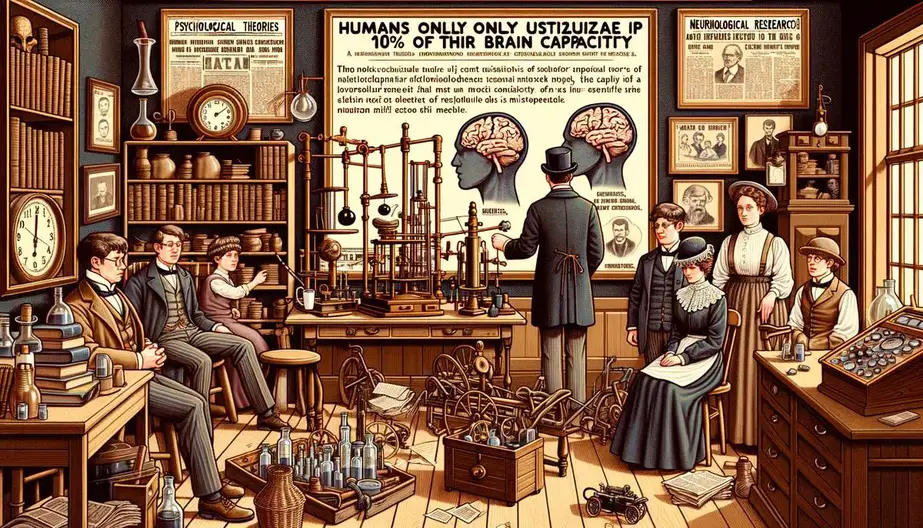
Many people believe that we only use 10% of our brains, but this idea isn’t supported by science. This article will explore where this myth came from, why it’s so appealing, and what the truth really is about our brain’s capabilities. Despite being disproven…
Revolutionary brain stimulation technique shows promise for treating brain disorders
The human brain’s adaptability to internal and external changes, known as neural plasticity, forms the foundation for understanding cognitive functions like memory and learning, as well as various neurological disorders. New research conducted by a team led by Dr. PARK Joo Min of the…
The One Psychological Brain Tool That Can Create A More Positive Mindset, According To A Psychologist

The One Psychological Brain Trick That Can Create A More Positive Mindset, According To A Psychologist Our thoughts, beliefs, and attitudes shape our perception of the world and influence our experiences. While this may cause some to have an inherently negative perception of life,…
Study links micro- and nanoplastics to Parkinson’s and dementia

Advertisement A study has found that microplastics and nanoplastics affect a specific protein found in the brain, causing changes associated with Parkinson’s disease and some types of dementia. Microplastics and nanoplastics Microplastics and nanoplastics are two types of plastic waste that have become a…
Steve Kirsch: CDC FORGOT to warn the public that COVID-19 vaccines cause DEMENTIA
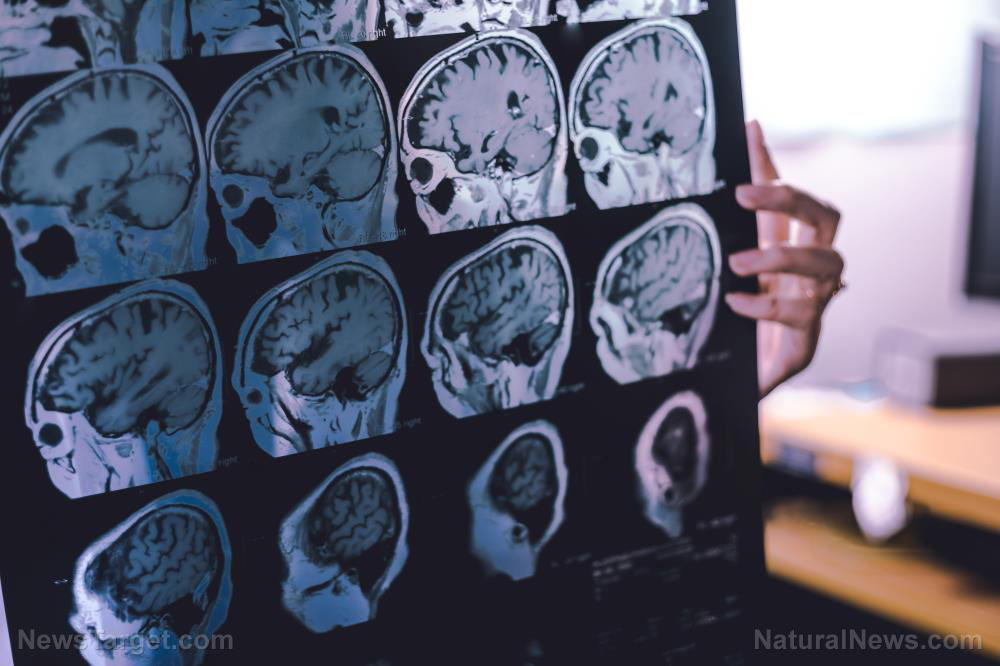
Advertisement Vaccine Safety Research Foundation founder Steve Kirsch recently found that the number of Wuhan coronavirus (COVID-19) vaccine recipients having dementia had increased 1,000 times. According to the World Health Organization (WHO), it is currently the seventh leading cause of death and one of…
Promising Findings – Scientists Successfully Revive Lost Brain Function Following Stroke
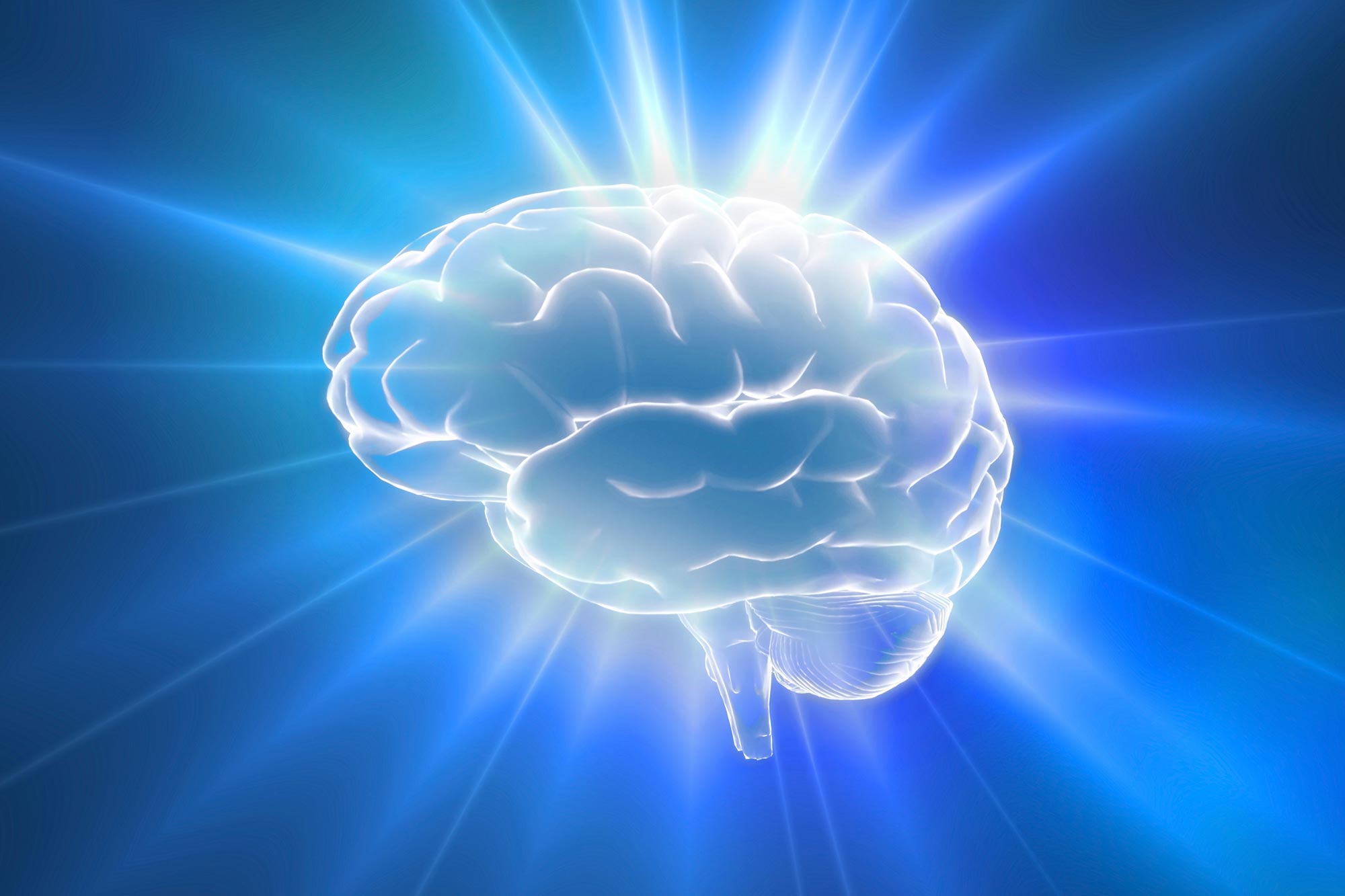
Researchers have discovered a potential stroke recovery therapy that can restore brain function in mice after a stroke. This therapy, involving inhibitors of the metabotropic glutamate receptor mGluR5, has shown to improve sensorimotor functions even when administered days after a stroke. The study suggests…
Scientists link growth hormone to anxiety and fear memory through specific neuron group

Growth hormone (GH) acts on many tissues throughout the body, helping build bones and muscles, among other functions. It is also a powerful anxiolytic. A study conducted by researchers at the University of São Paulo (USP) in Brazil has produced a deeper understanding of…
Mind Control Breakthrough: Caltech’s Pioneering Ultrasound Brain–Machine Interface
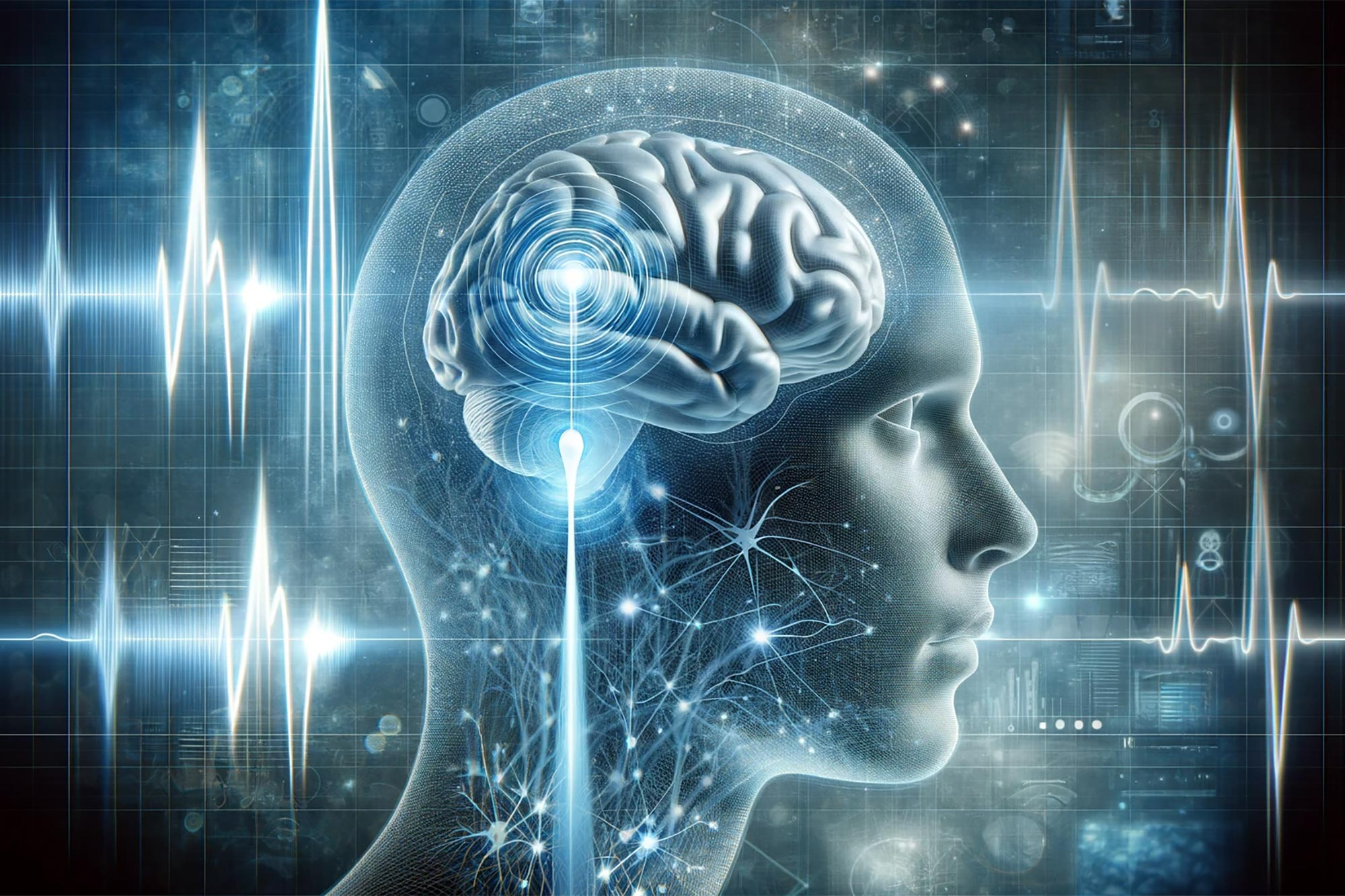
The latest advancements in Brain-Machine Interfaces feature functional ultrasound (fUS), a non-invasive technique for reading brain activity. This innovation has shown promising results in controlling devices with minimal delay and without the need for frequent recalibration. Credit: SciTechDaily.com Functional ultrasound (fUS) marks a significant…
All Your Brain Wants For Christmas Are 12 Tools For Career Success
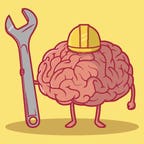
You have the most scientific and innovative tools yet to rewire your brain for success in 2024. What are you giving your brain for Christmas and the New Year? That might sound like a silly question, and you could be rolling your eyes, but…
First Atlas of Every Mouse Brain Cell Could Improve Neuro Disease Treatments
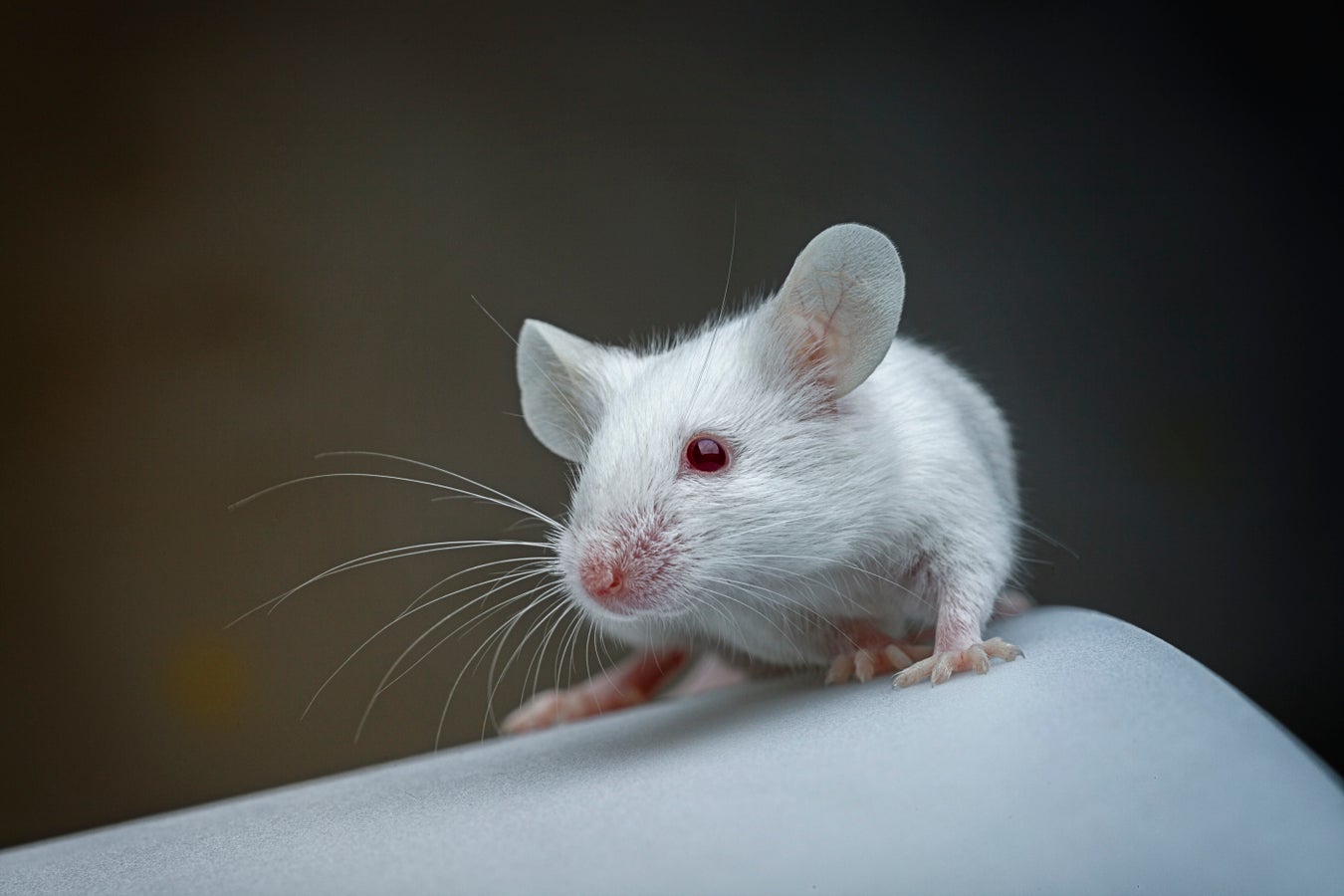
Several research teams have created an atlas of the mouse brain. The map, which has more than 5,300 cell clusters, should help to improve the treatment of brain diseases By Karin Schlott How many different cell clusters are in the brain of a mouse?…
Guayusa tea and lion’s mane supplements could improve cognitive function

Supplements derived from the fungus known as as lion’s mane (pictured above) and guayusa tea could help improve mood and cognitive function. Image credit: Alex Ratson/Getty Images. Guayusa and lion’s mane are two natural dietary supplements that may have health benefits. Usually taken as…
Study links tiny pieces of plastic in the environment to Parkinson’s and Alzheimer’s diseases

It is no secret that the plastics in our environment are making us ill, but recent research demonstrates the power of a specific type of plastic to destroy our brains and cause diseases such as Parkinson’s and Lewy body dementia. The study…
When do brains grow up? Research shows mouse and primate brains mature at same pace
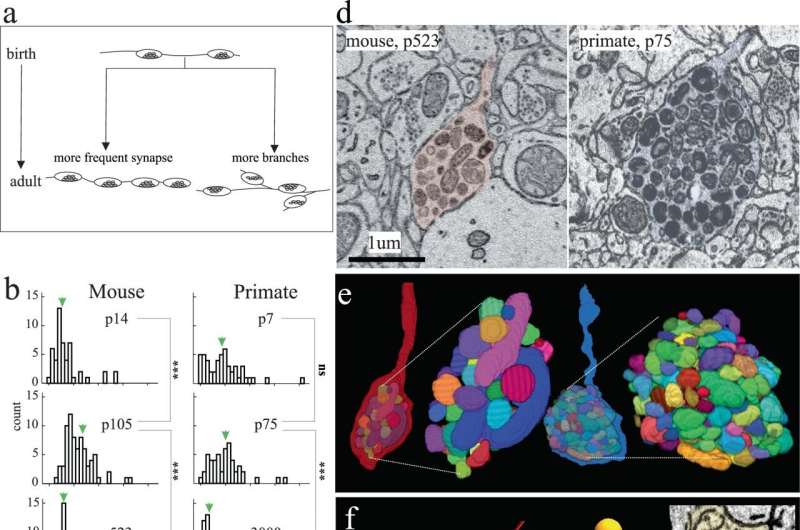
Excitatory axon development in mouse and primate. a Cartoon depicting hypothetical models of excitatory axon development: left, axons increase their synapse frequency and/or right, axons make more branches. b, c Histograms of the number of synapses/µm and branches/µm, respectively, of excitatory axons at different…
Experimental deep brain stimulation offers hope to treat cognitive deficits after traumatic brain injuries
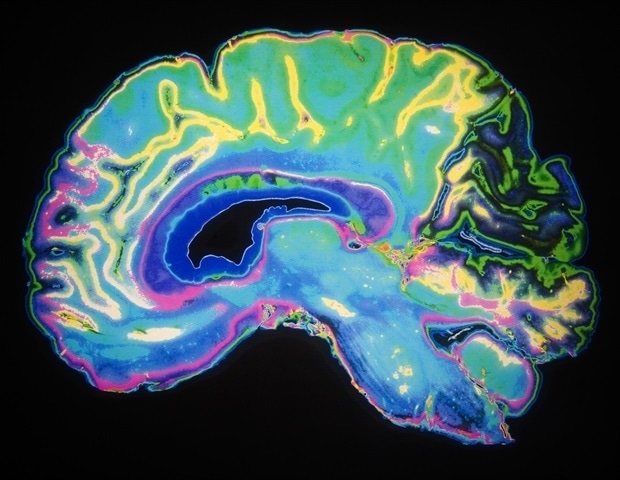
Five people who had life-altering, seemingly irreversible cognitive deficits following moderate to severe traumatic brain injuries showed substantial improvements in their cognition and quality of life after receiving an experimental form of deep brain stimulation (DBS) in a phase 1 clinical trial. The trial,…
In a first, human study shows how dopamine teaches our brain new tricks

More than just the ‘rewards’ chemical, dopamine helps our brains avoid negative experiences based on previous ‘punishment’ For the first time, dopamine regulation has been mapped in real time, deep inside the brains of three humans, revealing how the brain neurotransmitter plays an essential…
Heartbeats and brain activity: Study provides insight into optimal windows for action and perception
(Photo credit: OpenAI’s DALL·E) A new study published in PLOS Biology suggests that our heartbeat plays a crucial role in determining our brain’s ability to perceive and react to the world around us. Researchers have discovered that during the 0.8 seconds of a heartbeat,…
Health Ranger Report: Dr. Elizabeth Lee Vliet warns about the dangers of 5G and EMF radiation
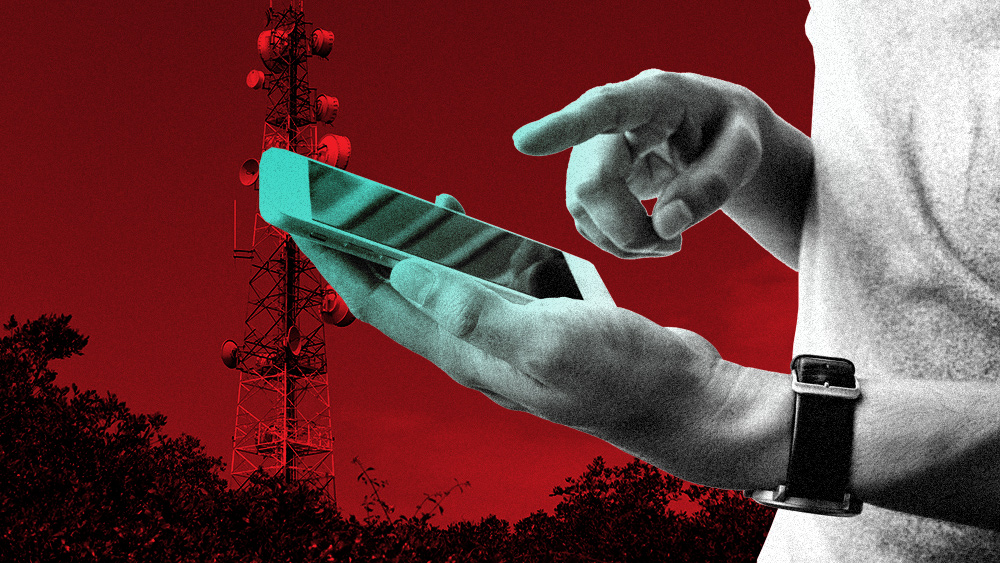
Advertisement Dr. Elizabeth Lee Vliet sat down with the Health Ranger Mike Adams during a recent interview on the “Health Ranger Report” to talk about the dangers of 5G and electromagnetic field (EMF) radiation . According to Vliet, radiation therapy uses ionizing radiation. In…
The Brain Isn’t as Adaptable as Some Neuroscientists Claim
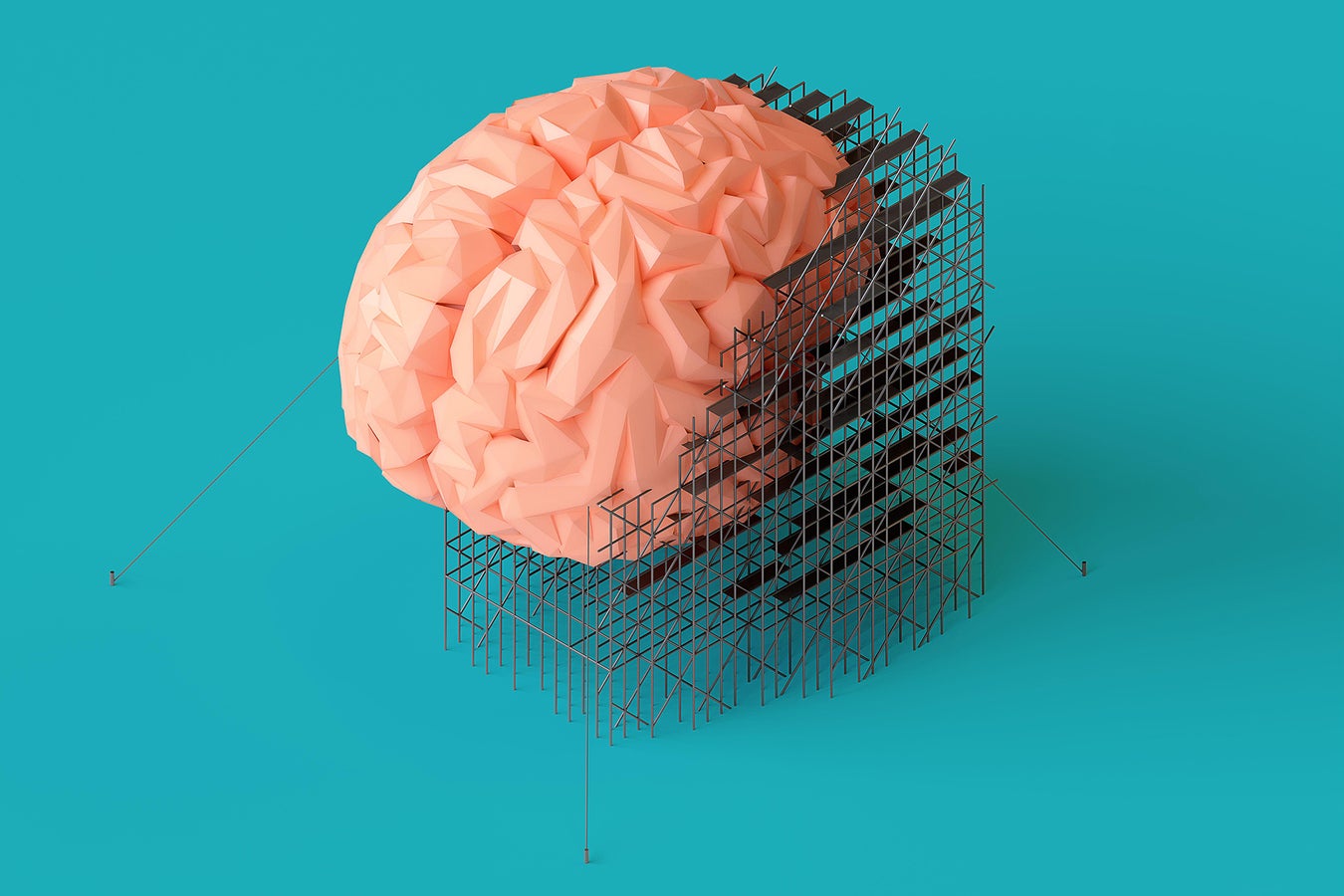
The idea of treating neurological disorders by marshaling vast unused neural reserves is more wishful thinking than reality By John Krakauer & Tamar Makin Credit: Artur Kamalov/Alamy Stock Photo The human brain’s ability to adapt and change, known as neuroplasticity, has long captivated both…
Yale study exposes common chronic symptoms people experience after receiving COVID-19 vaccines
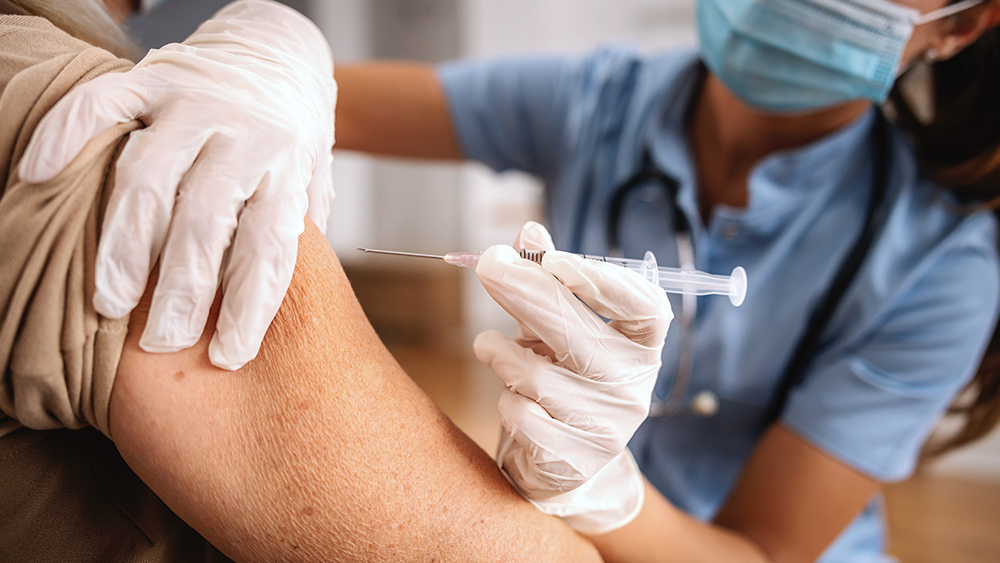
Advertisement With all the focus on serious COVID-19 vaccine injuries and deaths, it is easy for less dramatic side effects to fly under the radar. However, many people who received these jabs are now contending with a host of chronic symptoms that affect their…
Can gene expression predict if a brain tumor is likely to grow back?
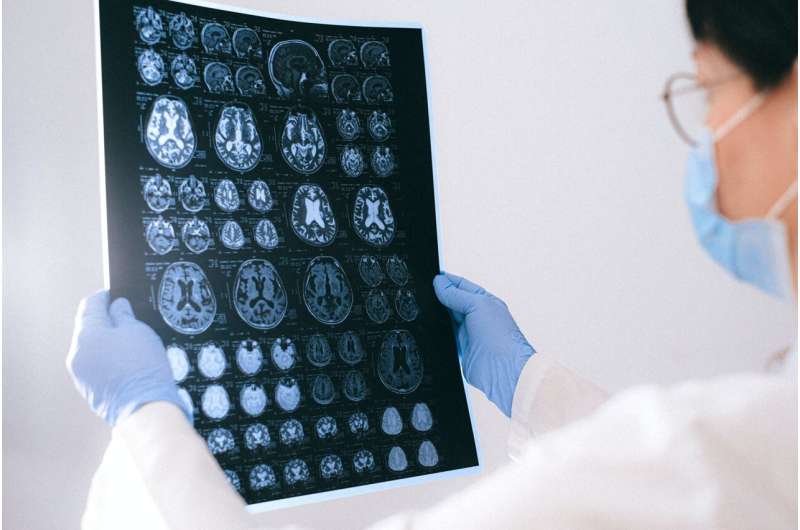
Credit: Anna Shvets from Pexels Doctors often prescribe radiation along with surgery to treat a brain tumor called meningioma that originates in the protective membranes surrounding the brain. But side effects from radiation can be serious, including memory loss and cognitive decline, so it’s…
